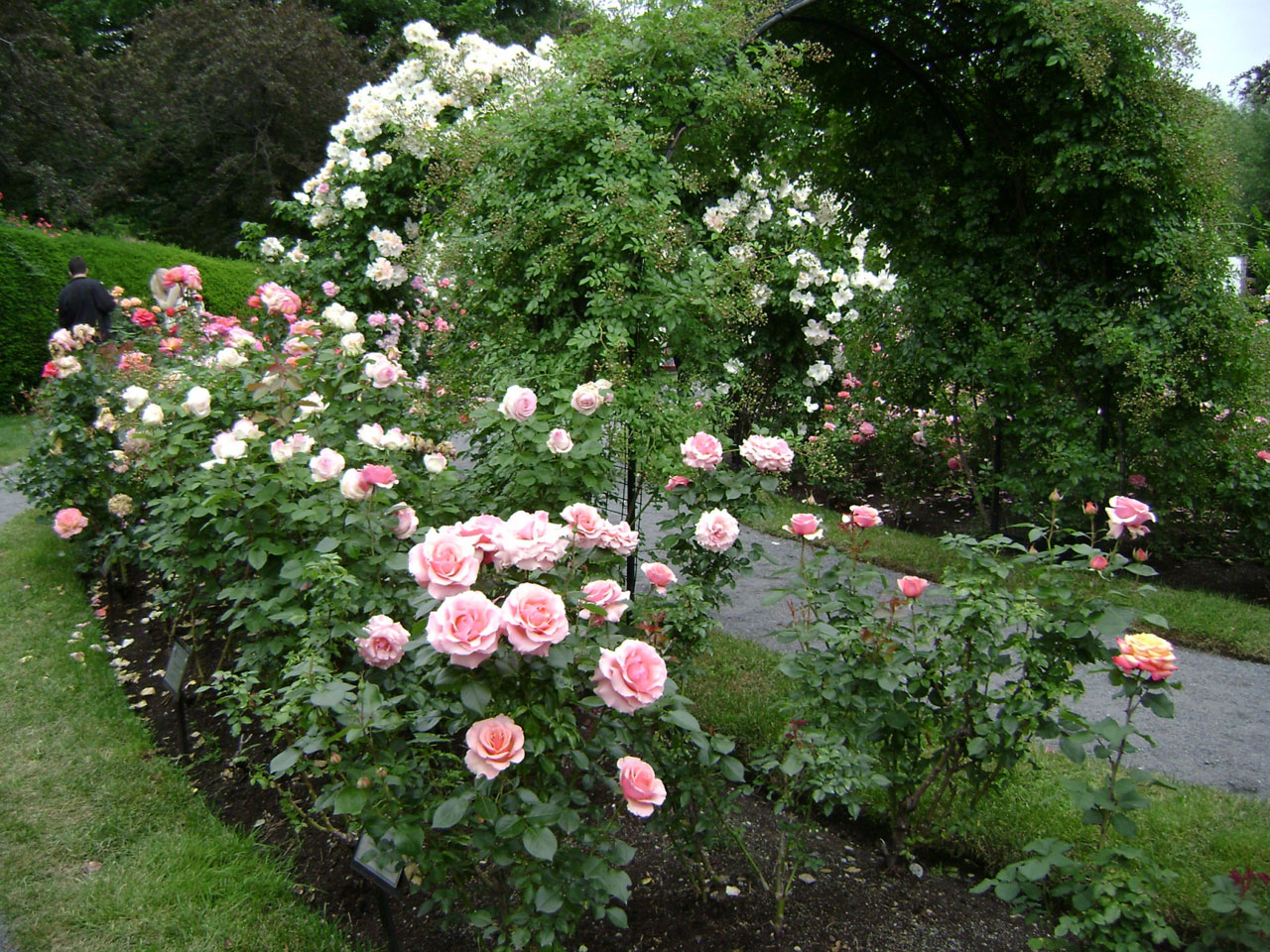
On the healing power of gardens
Plant sanctuaries, microcosms of life, gardens are also inexhaustible sources of mental health.

A garden to walk in and immensity to dream in—what more could he ask? A few flowers at his feet and above him the stars.
— Victor Hugo
Since ancient times, gardens have been contemplative witnesses to our relationship with the natural world, and with the life that inhabits that world. The garden works as a metaphor for humanity in the face of the wild (nature tamed). It’s a symbolic expression of the innocence and purity of human spirituality. In these open spaces grow not only flowers and plants, but multiple visions of our universe are also kept safe. Visiting a garden is a romantic, spiritual, erotic, poetic, thoughtful, artistic, philosophical, and relaxing experience — it’s also an act of self-healing.
For the British neurologist Oliver Sacks (1933-2015), the positive effects of nature on people are not only spiritual or emotional: they’re also physical and even neurological. In a brief essay “The Healing Power of Gardens,” Sacks stated that the healing power of these landscape artworks is (along with music) the only effective non-pharmaceutical method for alleviating certain neurological symptoms caused by diseases like dementia, Parkinson’s or Alzheimer’s. It’s a significative statement coming from a renowned specialist who dedicated his life to the study and treatment of diseases related to the nervous system.
Much of what’s invaluable in Sacks’ work came during consultations with his patients. Walking in gardens with them was a fundamental part of the therapeutic process—whether inside of institutions where they’d been interned or in a garden near Sacks’ office. During such sessions, the neurologist noticed significant changes in the behavior of the sick. A notable example was the case of a woman with Parkinson’s who, due to her condition, was physically immobilized most of the time. When she visited the garden, she could climb rocks, and climb down from them, without any problem and without any need for assistance.
Other patients with senile dementia (and therefore, almost no sense of orientation) developed in different manners, active and well-oriented, during garden walks. The doctor recounts other examples in his essay. Along with emotional, autobiographical recollections, they make the work an essential reading —on a technical and literary level— for the assessment and understanding of these nearly magical spaces.
While Sacks had no scientific explanation for such progress, it’s a fact that there’s something powerful and positive about the experience within these living territories we call gardens. Only a few, very recent studies (from the past 30 years) have yielded accepted scientific theories about the effect gardens have on the human system. A good number of them agree that, psychologically, the garden means shelter and healing. Being physically demarcated (whether by shrubs, trees, or fences), gardens encourage a sense of isolation from regular life that forces us to slow the rhythm at which we experience daily life. As we enter a garden, we enter a state apart from the public sphere and, therefore, from daily life.
A good part of these studies also agree that the benefits caused by contact with nature, specifically that in gardens, detonates biological and brain functions that involve greater acuity in the senses. This, in turn, provokes a state of alertness related to our animal instincts. The same studies suggest that, being in a natural space, we enter a relationship more open to the environment. It’s one that demands nothing more than being who we are, and to simply inhabit that environment for a few moments.
Finally, the same studies show that the restorative effect of gardens occurs by activating a kind of spontaneous care in the brain. It’s related to a capacity for awe—a capacity more than necessary at the present moment.
A great number of institutions for the treatment of mental health consider it essential to have a garden within their facilities. The therapeutic power of such spaces is indisputable and recommended not only for patients, but for anyone whose daily life is carried out under conditions in which frequent contact with nature is impossible.
The garden is an intimate and timeless space. It’s one in which one can contemplate beautiful and discreet beings, during an experience both complete and inexplicably healing. The colors of plants, the multiplicity of their forms, shadows, aromas, and even the microclimate contained within such a place, are as stimulating as they are therapeutic. Perhaps it’s because gardens are also the very entryways to ourselves.
